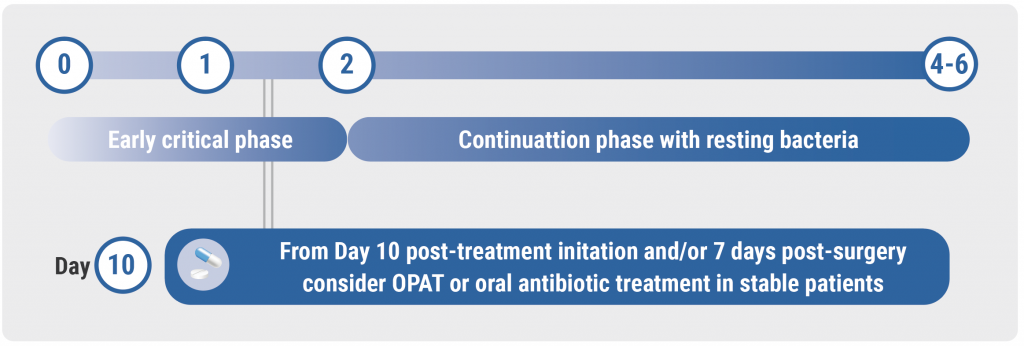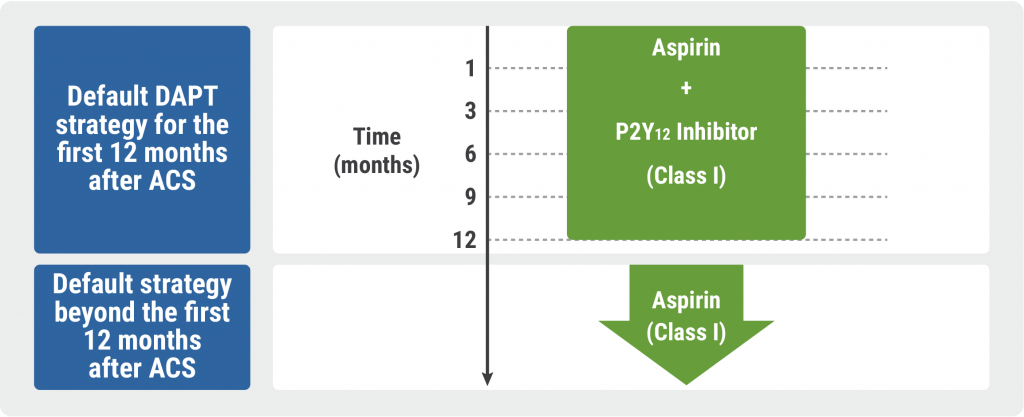In this episode, Medicom’s correspondent covers 6 presentations [13.05] from the European Society of Cardiology Congress (ESC 2023), held in Amsterdam, the Netherlands from 25-28 August 2023.
The topics discussed are:
- STEP-HFpEF: Semaglutide safe and efficacious in HFpEF plus obesity
In patients with heart failure with preserved ejection fraction (HFpEF) and obesity, treatment with semaglutide resulted in greater weight loss and improved HF-related symptoms compared with placebo. Together with the favourable safety profile, semaglutide presents itself as a practice-changing therapy in this patient population. - Inorganic nitrate strongly reduces CIN in high-risk patients undergoing angiography
Dietary inorganic nitrate significantly reduced contrast-induced nephropathy (CIN) in patients at risk for renal injury undergoing coronary angiography for acute coronary syndrome. Moreover, long-term renal and cardiovascular outcomes in the NITRATE-CIN trial were in favour of patients treated with inorganic nitrate compared with placebo. - Acoramidis improves survival and functional status in ATTR-CM
Acoramidis demonstrated clinical and functional benefits over placebo in patients with transthyretin amyloid cardiomyopathy (ATTR-CM) in the ATTRibute-CM trial. The agent was well tolerated and survival rates in patients on acoramidis approached age-matched survival rates of individuals without ATTR-CM. - CRT upgrade benefits patients with HFrEF and ICD
An upgrade from an implantable cardioverter-defibrillator (ICD) to a cardiac resynchronisation therapy defibrillator (CRT-D) reduced the risk for cardiovascular and other adverse outcomes in patients with heart failure with reduced ejection fraction (HFrEF) and right ventricular (RV) pacing. Based on these BUDAPEST CRT Upgrade results, the authors concluded that patients with HFrEF with a pacemaker or ICD and RV pacing should receive a CRT upgrade immediately. - Results of FRAIL-AF trial might surprise cardiologists
According to the findings of the FRAIL-AF trial, switching frail patients with atrial fibrillation from a VKA to a NOAC should not be considered without a clear indication. In contrast to the hypothesis of the research team, switching to a NOAC resulted in a significantly higher risk for bleeding among these patients. - Expedited transfer to specialized centre does not improve cardiac arrest outcomes
Patients with resuscitated out-of-hospital cardiac arrest without ST elevation did not benefit from immediate transfer to a specialised cardiac arrest centre compared with a transfer to the nearest emergency department in terms of survival or neurological outcomes. These were the main results of the ARREST trial.
Enjoy listening!
Copyright ©2023 Medicom Medical Publishers
Posted on
Previous Article
« Letter from the Editor Next Article
How can we further improve lymphoma care? »
« Letter from the Editor Next Article
How can we further improve lymphoma care? »
Table of Contents: ESC 2023
Featured articles
How to manage arterial thrombosis and thromboembolism in COVID-19?
2023 ESC Guidelines & Updates
Heart failure: the 2023 update
Guidelines for Acute Coronary Syndrome
Guidelines for the management of cardiomyopathies
Cardiovascular disease and diabetes: new guidelines
Guidelines for the management of endocarditis
Trial Updates in Heart Failure
Traditional Chinese medicine successful in HFrEF
CRT upgrade benefits patients with HFrEF and an ICD
Catheter ablation saves lives in end-stage HF with AF
Meta-analysis: Does FCM improve clinical outcomes in HF?
HEART-FID: Is intravenous ferric carboxymaltose helpful in HFrEF with iron deficiency?
Natriuresis-guided diuretic therapy to facilitate decongestion in acute HF
DICTATE-AHF: Early dapagliflozin to manage acute HF
STEP-HFpEF: Semaglutide safe and efficacious in HFpEF plus obesity
Key Research on Prevention
Does colchicine prevent perioperative AF and MINS?
Diagnostic tool doubles cardiovascular diagnoses in patients with COPD or diabetes
Inorganic nitrate strongly reduces CIN in high-risk patients undergoing angiography
Finetuning Antiplatelet and Anticoagulation Therapy
Should we use anticoagulation in AHRE to prevent stroke?
Results of FRAIL-AF trial suggest increased bleeding risk with DOACs
The optimal duration of anticoagulation therapy in cancer patients with DVT
DAPT or clopidogrel monotherapy after stenting in high-risk East-Asian patients?
Assets for ACS and PCI Optimisation
Immediate or staged revascularisation in STEMI plus multivessel disease?
Lp(a) and cardiovascular events: which test is the best?
No benefit of extracorporeal life support in MI plus cardiogenic shock
Functional revascularisation outperforms culprit-only strategy in older MI patients
Can aspirin be omitted after PCI in patients with high bleeding risk?
Angiography vs OCT vs IVUS guidance for PCI: a network meta-analysis
OCTOBER trial: OCT-guided PCI improves clinical outcomes in bifurcation lesions
Other
Minimising atrial pacing does not reduce the risk for AF in sinus node disease
ARAMIS: Can anakinra alleviate acute myocarditis?
Expedited transfer to a specialised centre does not improve cardiac arrest outcomes
Acoramidis improves survival and functional status in ATTR-CM
Related Articles
October 30, 2023
Does colchicine prevent perioperative AF and MINS?

October 30, 2023
Guidelines for the management of endocarditis

October 30, 2023
Guidelines for Acute Coronary Syndrome
© 2024 Medicom Medical Publishers. All rights reserved. Terms and Conditions | Privacy Policy
HEAD OFFICE
Laarderhoogtweg 25
1101 EB Amsterdam
The Netherlands
T: +31 85 4012 560
E: publishers@medicom-publishers.com

